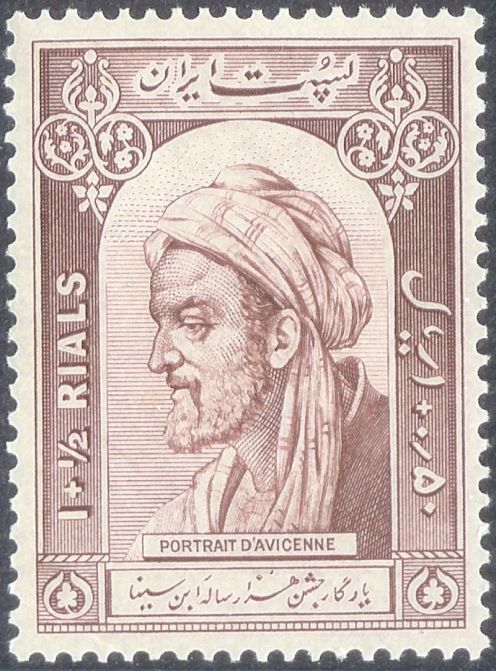
Ibn Sina
Ibn Sina, also known as Avicenna in the West, was a Persian polymath who made significant contributions to various fields including medicine, philosophy, and science during the Islamic Golden Age. His seminal work, 'The Canon of Medicine,' laid the foundations for modern medical practice and remained a key medical text for centuries. Ibn Sina's interdisciplinary approach and innovative ideas have earned him a lasting legacy in the history of science and philosophy.
Born on Aug 22, 0980 (1045 years old)
Global Media Ratings
Countries Mentioned
No country-level mention data available.
Interactive World Map
Each country's color is based on "Mentions" from the table above.
Recent Mentions
 Iraq:
Ibn Sina contributed to the understanding of music's effects on emotions.
7
Iraq:
Ibn Sina contributed to the understanding of music's effects on emotions.
7
 Pakistan:
Ibn Sina is recognized as a Muslim physician and philosopher involved in the study of dreams.
9
Pakistan:
Ibn Sina is recognized as a Muslim physician and philosopher involved in the study of dreams.
9
 United Arab Emirates:
The library features a rare edition of 'The Canon of Medicine' by Ibn Sina, published in Rome in 1593.
8
United Arab Emirates:
The library features a rare edition of 'The Canon of Medicine' by Ibn Sina, published in Rome in 1593.
8
 Iraq:
Ibn Sina is mentioned as a key figure in the philosophical tradition of Baghdad.
8
Iraq:
Ibn Sina is mentioned as a key figure in the philosophical tradition of Baghdad.
8
 Indonesia:
Ibn Sina, a great Muslim philosopher who lived in the 10th century, contributed to the understanding of politics within the framework of classical Islamic philosophy.
8
Indonesia:
Ibn Sina, a great Muslim philosopher who lived in the 10th century, contributed to the understanding of politics within the framework of classical Islamic philosophy.
8
 United Arab Emirates:
Ibn Sina is celebrated at the fair as a pivotal figure, marking a thousand years since the publication of his influential medical book.
9
United Arab Emirates:
Ibn Sina is celebrated at the fair as a pivotal figure, marking a thousand years since the publication of his influential medical book.
9
 United Arab Emirates:
He is celebrated as a pivotal figure in knowledge and medicine at this year's fair.
9
United Arab Emirates:
He is celebrated as a pivotal figure in knowledge and medicine at this year's fair.
9
 United Arab Emirates:
He is celebrated as a pivotal figure in the current edition of the Abu Dhabi International Book Fair, marking a thousand years since his influential work 'The Canon of Medicine'.
9
United Arab Emirates:
He is celebrated as a pivotal figure in the current edition of the Abu Dhabi International Book Fair, marking a thousand years since his influential work 'The Canon of Medicine'.
9
 Saudi Arabia:
Ibn Sina's name is used for one of the streets undergoing maintenance in Riyadh.
5
Saudi Arabia:
Ibn Sina's name is used for one of the streets undergoing maintenance in Riyadh.
5
 United Arab Emirates:
Ibn Sina is recognized as the founder of modern medicine.
9
United Arab Emirates:
Ibn Sina is recognized as the founder of modern medicine.
9
